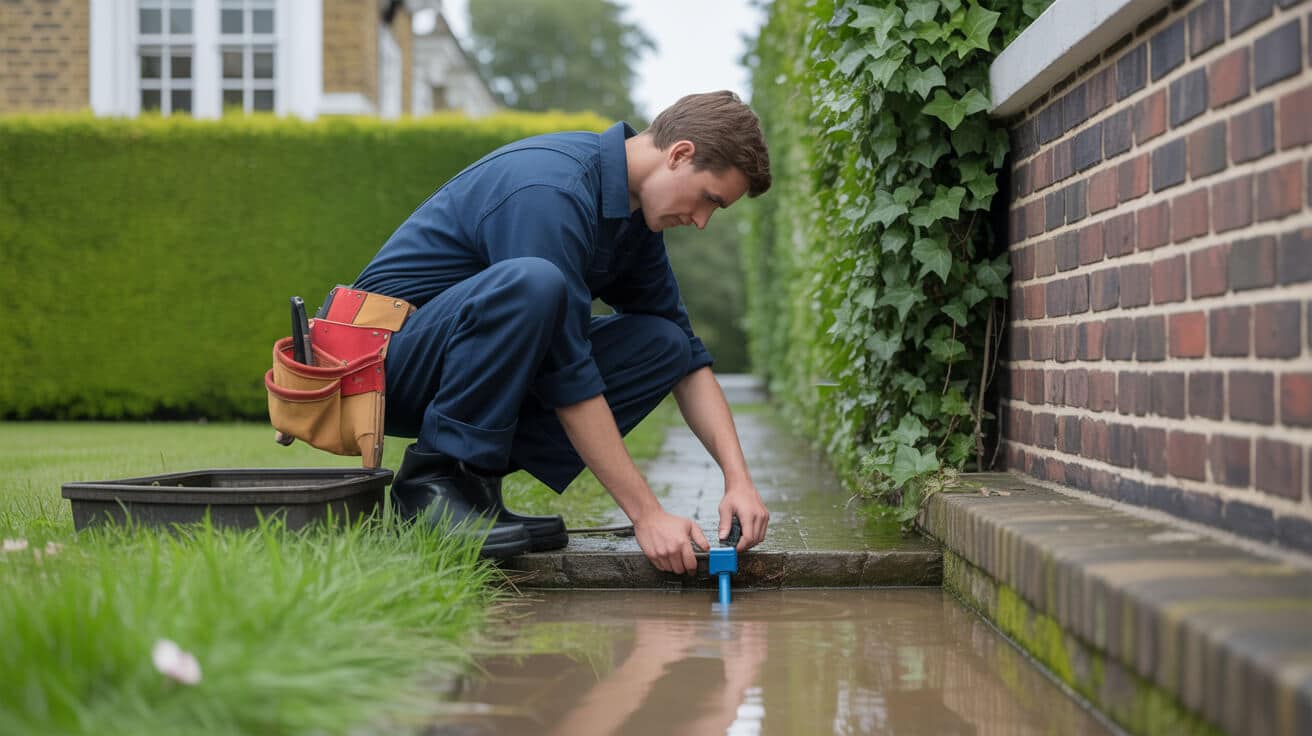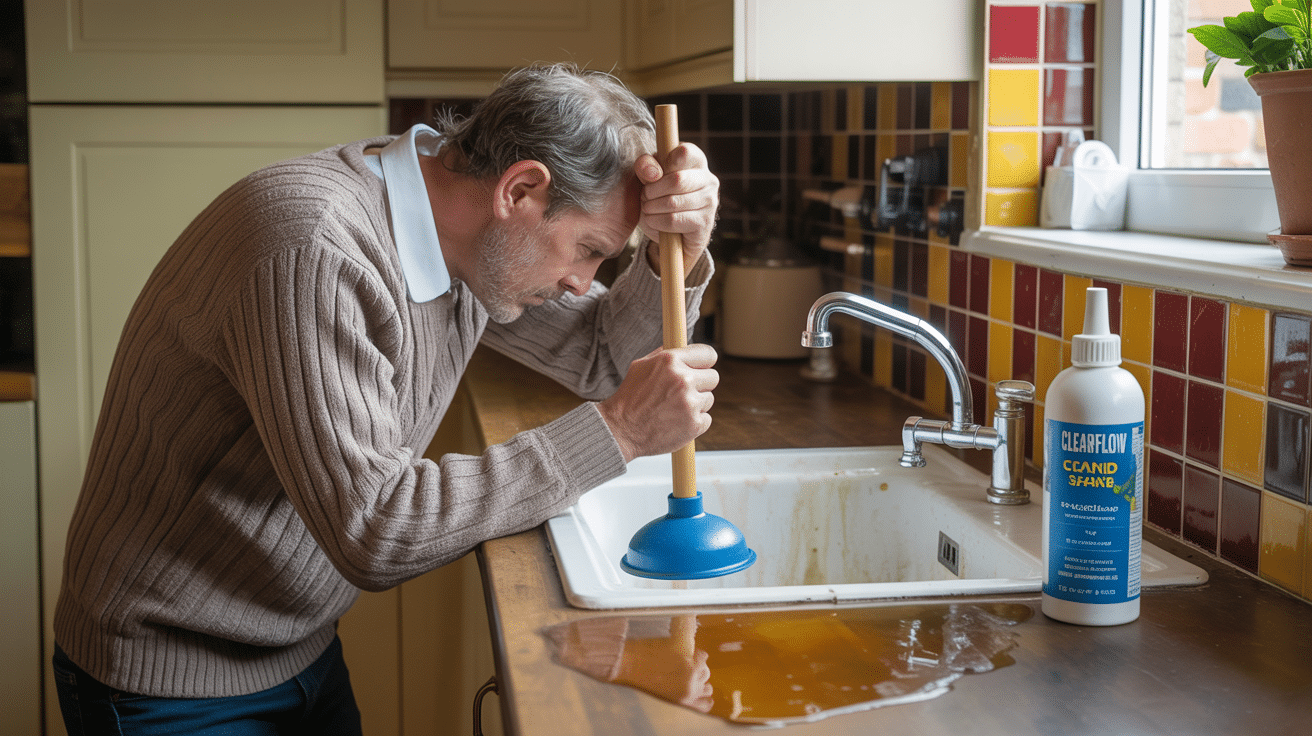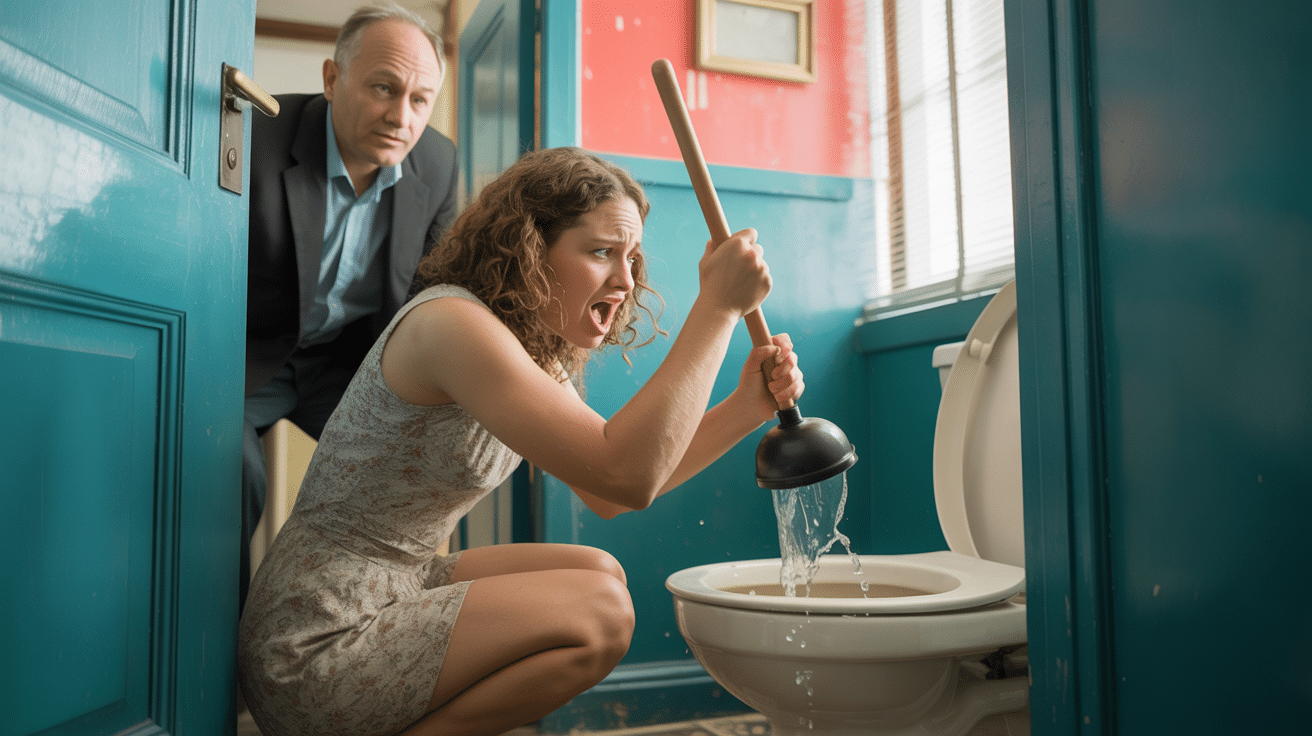 Periodic plumbing inspection – Why it is a Must
Periodic plumbing inspection – Why it is a Must

Plumbing tends to be one of those things in our household or business that we take for granted and ignore until something goes wrong! The fact is that quite often an emergency repair is much more costly than paying out for maintenance fees and keeping your system in perfect working order before it reaches the point of an emergency. Always remember that prevention is better than cure!
The expense is one thing but we haven’t mentioned the inconvenience that a plumbing emergency can present. Being left without heating or hot water on a cold winter’s day or having your bathroom flooded by a leaking tap are situations we all want to avoid and why it’s better to keep a close eye on things and not to ignore what may at first seem like a minor issue.
Generally, it is always strongly recommended to have an initial plumbing inspection as a new homeowner. You may have found your dream house which looks wonderful on the surface, but you want to make sure that there are no hidden problems lurking as well. It’s always better to tackle underlying problems early before they escalate and possibly develop into bigger and much more expensive problems.
Once you’re already in your house it is recommended to have an inspection at least once a year, to rule out any problems. An inspection usually consists of a licensed plumber completing an evaluation of your home plumbing system. Here is a checklist of what this evaluation should involve.
• Bathroom – Having your bath, sink and shower inspected and identify any hidden leaks and drainage problems.
• They will look out for leaks and signs of corrosion on pipes such as green stains over and around the brass or copper fittings. These stains will be yellow or orange on older steel pipes.
• Toilets – Flappers should be inspected and replaced regularly if they are malfunctioning you can lose up to 200 gallons of water a day. Make sure the toilet flushes properly. Internal and external parts of the flush should be checked for any rusted or missing parts.
• Water pressure should be checked. Low water pressure can indicate a build-up in the tap or showerhead.
• Drains should be inspected. Slow drains are an indication that they are dirty. Bubbles are also a sign of clogging as are any unusual sounds which could indicate a venting problem.
If you are living in East London, our professional Plumbers at East London, will be more than happy to make you a plumbing inspection at your home, just call us now. To find a plumber in another part of London, go to the page.



